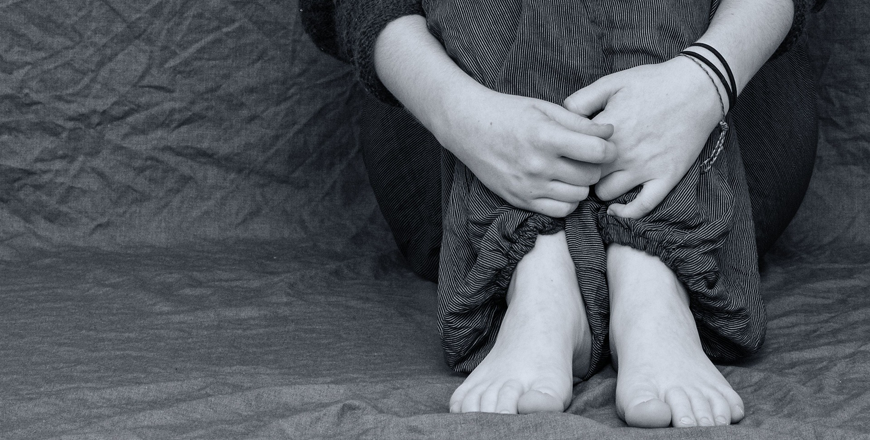You are here
Study examines cost of child marriage over life cycle of girls, women
By Mays Ibrahim Mustafa - Sep 26,2023 - Last updated at Sep 27,2023

AMMAN – Child marriage has repercussions on human development throughout all stages of women’s lives, according to a recent study by the UN Economic and Social Commission for Western Asia (ESCWA).
The study, titled “The cost of child marriage over the life cycle of girls and women”, was published in September 2023. Its findings are focused on four Arab countries: Egypt, Iraq, Jordan and Tunisia.
Although recent decades have marked a decrease in the prevalence of child marriage worldwide, including in the Arab region, progress remains “significantly slow”, it stated.
Aside from its detrimental consequences on the health of women and their children, child marriage also “results in lost earnings and poverty traps that translate into exorbitant costs for communities and society”, it added.
Among the countries featured in this study, Iraq and Egypt have the highest prevalence of child marriage, with 24 and 17 per cent of women between the ages of 20 and 24 marrying before age 18, respectively.
Jordan and Tunisia have moderate to low prevalence of child marriage among the same age group, set at 8 per cent and 2 per cent, respectively, according to the study.
It also showed that the portion of women aged 20 to 24 years, who were first married or in union before the age of 18, decreased in Jordan from 16 per cent in 2001 to 9 per cent in 2016.
Girls in humanitarian settings, more vulnerable
The study pointed out that the prevalence of child marriage in humanitarian and displacement contexts is increasing.
“Women and girls in conflict afflicted countries in the Arab region, such as Iraq, face growing adversities. Younger girls are increasingly disadvantaged due to exposure to violence in their communities and heightened perceptions of insecurity,” it stated.
Although the rate of child marriage in Jordan is considered “moderately low”, its prevalence varies among different communities, according to the study.
“Syrian refugee communities in Jordan exhibit a more considerable prevalence of child marriage than their host counterparts.
“These divergent trends are driven by more traditional views of marriage in these communities and limited economic prospects for girls, making child marriage more probable. At the same time, lower educational attainment among girls in these groups appears to be highly correlated with the prevalence of child marriage,” the report noted.
Impact on educational attainment
Statistics cited in the study reveal that child marriage has a negative impact on primary and secondary school completion in Iraq, Egypt and Jordan.
For example, the secondary school completion rate among women aged 20 to 49 years, who married before 18 years of age in Jordan is 6.2 per cent, compared to 42.1 per cent among women in the same age group who married after 18 years of age.
The study noted that this lack of education is likely to reflect on the earnings and productivity of married girls in the labour force.
“When girls do not complete their education, they often resort to informal work that offers much lower wages and difficult working hours or increased exploitation compared to formal employment, resulting in a lifelong dent in earnings due to child marriage,” it added.
Legal loopholes
Although all four Arab countries have ratified prominent international human rights treaties and covenants that prohibit child marriage, several legal loopholes remain, according to the study.
“In Jordan, where article 10 (b) of the Personal Status Law No. 36 (2010) stipulates that the legal age for marriage is 18 years old, a judge may still allow the marriage of minors who are 15 years old or older if there is a “general interest” as defined by the Sharia court, but not younger,” it stated.
The study showed that the portion of women aged 18 to 49 years, who married before the minimum age for marriage stands at 33.80 per cent in Iraq, 20.45 per cent in Egypt and 13.42 per cent in Jordan, while Tunisia reports the lowest rate at 3.06 per cent.
Related Articles
AMMAN — Over 90 per cent of females married under the age of 18 stated that they had to drop out of schools after tying the knot, a local st
AMMAN — Even though Jordan has made huge strides in reducing child marriage rates, factors such as poverty and cultural approval remai
BEKAA VALLEY, Lebanon — A 17-year-old Aziza sat in her dark tent in a refugee camp, she rocked her baby while her tiny hands adjusted his pa
















